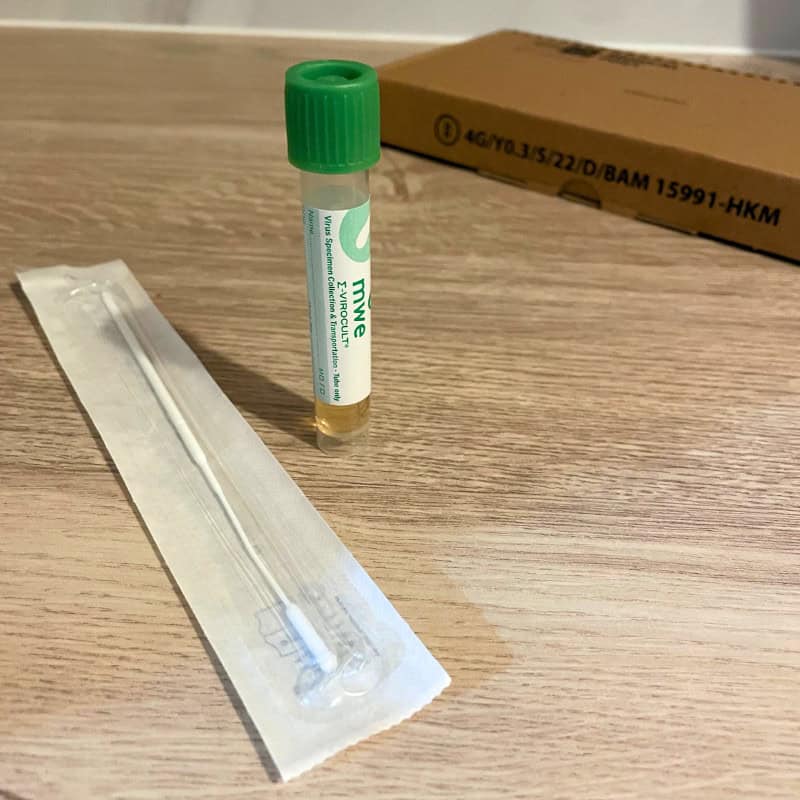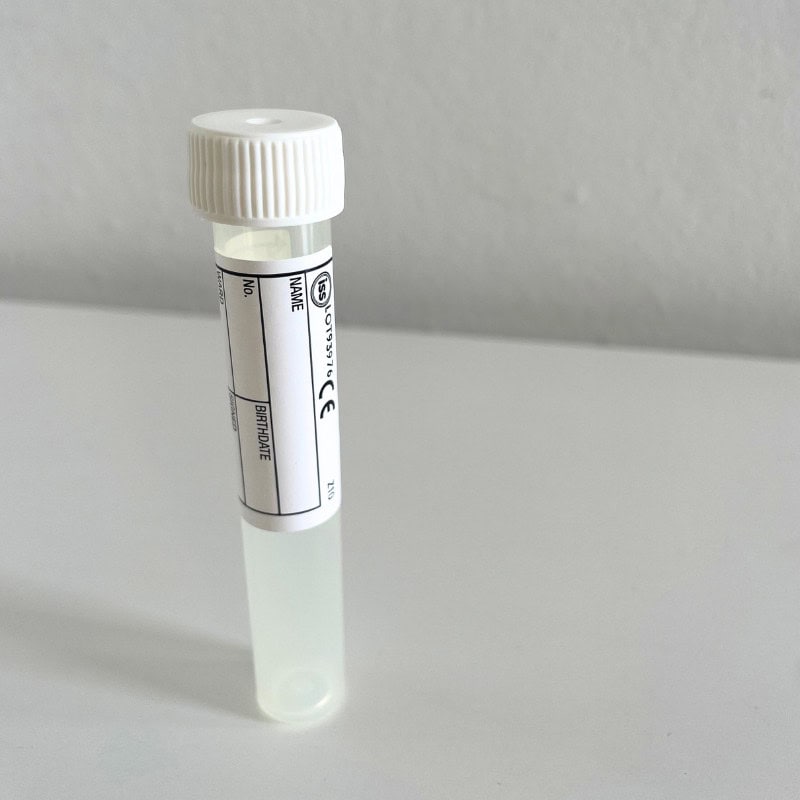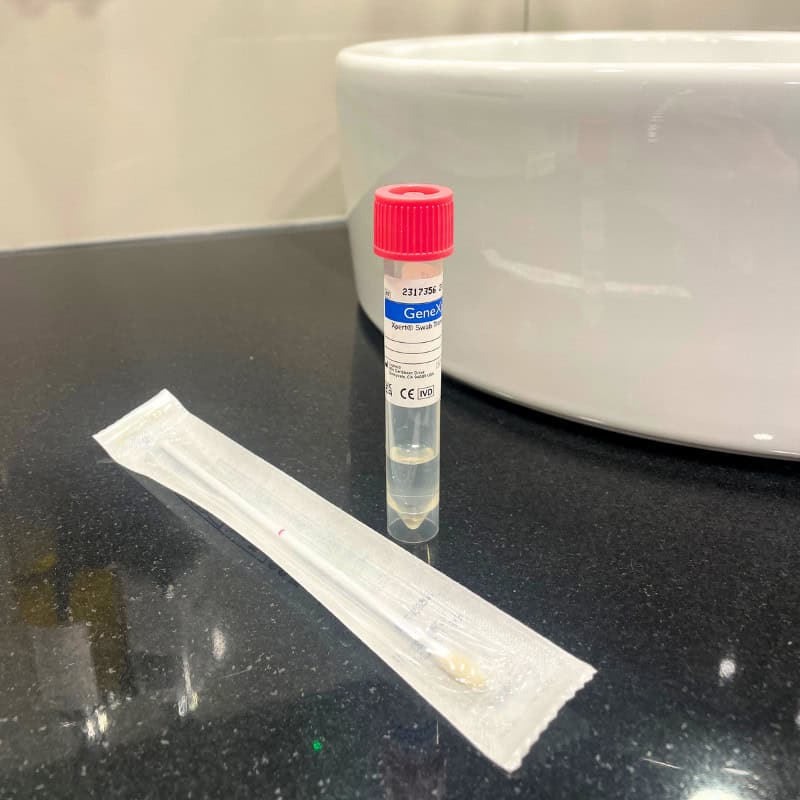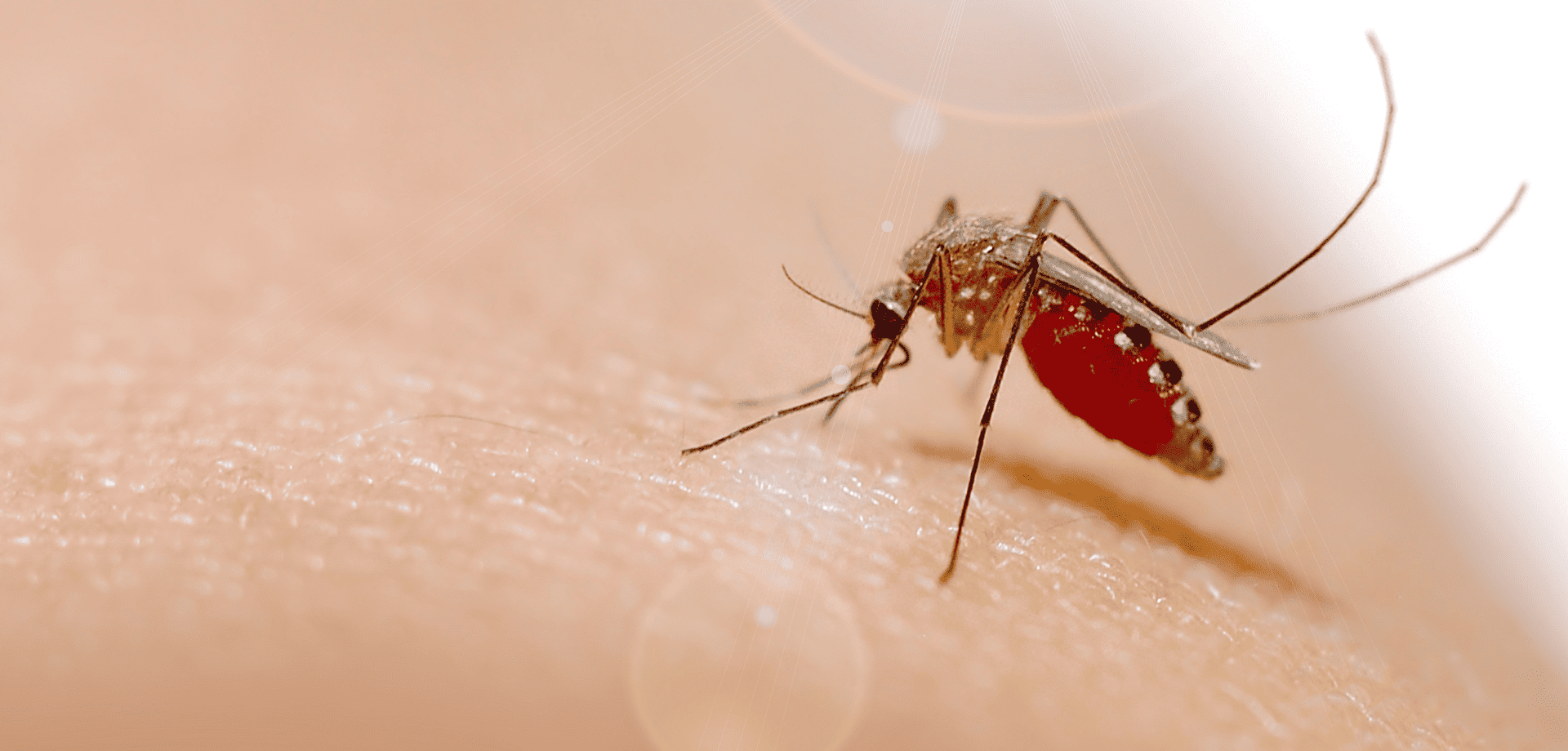Month: February 2024
Trusted London clinic now offers private Covid-19 vaccines.
As a trusted name in healthcare for the past three decades, Fleet St. Clinic are proud to announce the expansion of our services to include private Covid-19 vaccination for individuals and businesses alike. We offer the most up-to-date Pfizer Covid vaccines at a cost of £98 per dose.
Covid Vaccinations for Individuals
Until now, Covid vaccination has only been available through the NHS, which has rightly prioritised access those most likely to suffer complications. However, coronavirus infection remains a hazard for everyone, and many other people also wish to be protected. Protection can be especially important for people keen to avoid illness abroad, for people in key occupations, and for those in close contact with vulnerable friends and relatives.
Covid vaccination will now be available year-round for all those who would like to be protected, including those who have not been eligible for NHS care. Whether you need a booster vaccination or would like to consider having the Covid vaccine for the first time, we can help.
Book your private covid vaccination here.
Covid Vaccinations for Businesses
Fleet St. Clinic has provided large-scale flu vaccination initiatives for businesses across the United Kingdom since 1995. These programmes are now being expanded to include long-awaited vaccination against Covid-19. Many of our clients have been keen to protect those in business-critical roles as well as to protect employee health and wellbeing more generally.
Workplace vaccination programmes are offered as a straightforward and fully-managed service, enabling employees to access vaccinations they might otherwise find challenging to obtain. Introducing vaccination against Covid-19 reflects our longstanding commitment to keeping companies and their employees healthy.
Book your private covid vaccination workplace programme here.
Fleet St. Clinic Medical Director, Dr Richard Dawood commented:
“We are delighted to be one of the first medical practices in the UK to offer Covid-19 vaccinations outside the NHS. Now that Covid has transitioned from being a pandemic to an endemic disease, it is important that vaccination against Covid should become as “normal” and accessible as vaccination against other infectious diseases.
As a private, multi-disciplinary medical practice, the Fleet St. Clinic has specialised in vaccines for three decades, delivering hundreds of thousands of doses. Through the pandemic, most of our doctors and nurses volunteered to deliver Covid-19 vaccines in the NHS. We are especially pleased that being vaccinated against Covid-19 can now be a matter of choice for individuals and businesses alike, no longer restricted to those in the most vulnerable groups.”
Pre-Book Your Covid Vaccine
Covid vaccination will become available in March, but you can pre-book your own Covid vaccine or a Workplace vaccination programme, from today. Fill in our online form and we will be in touch with more information.
Pre-book your private covid vaccination programme here.
RELATED SERVICES AVAILABLE AT FLEET ST. CLINIC
Full Respiratory Panel PCR Test
There has been a huge rise in measles cases already this year inciting a national campaign to ensure that children and adults are adequately vaccinated against measles.
Measles is a highly contagious virus that can cause serious illness. Complications of the disease include pneumonia and meningitis. In some cases, the virus can be fatal.
The MMR vaccine is a highly safe and effective vaccine that not only offers protection against measles but also against mumps and rubella, as a 3-in-1 vaccine.
In the UK, the uptake of the MMR vaccination has declined significantly, resulting in an increase in measles infection. It is estimated that 3.4 million children under the age of 16 years remain unprotected against the disease.
The UK is not alone with rising cases of measles. The World Health Organization has reported a 30-fold increase of measles in Europe. Over 30,000 measles cases were reported by 40 of the Region’s 53 Member States between January and October 2023. Compared to 941 cases reported in all of 2022.
The MMR vaccination forms part of the national childhood schedule where the vaccinations are given at one year of age and then at 3 years of age.
Two doses of the vaccination provide over 99% protection against illness.
ADVICE
Although measles is a highly contagious illness, it can be easily prevented with vaccination.
MMR VACCINATION:
For full protection, ensure your child has received their routine childhood immunisations of 2 doses of the MMR vaccine.
Children at high risk of measles exposure can receive an accelerated vaccine schedule of MMR if they are high risk for contracting the disease, where two doses are given one month apart.
Infants at high risk contracting the disease can receive the MMR from as early as 9 months of age.
In some cases, a catch-up vaccination may be recommended for individuals who have not received the vaccine at the recommended ages.
Additionally, in certain situations, infants may receive an early dose of MMR, such as during outbreaks or if they will be traveling to areas where there is an increased risk of exposure.
Travellers who are visiting countries reporting outbreaks of measles should ensure that their routine immunisations against MMR have been completed. A simple blood test can confirm immunity if in doubt.
HOW MANY VACCINES ARE NEEDED?
Two doses of the MMR vaccine will provide lifetime immunity.
In the UK, these are normally given to a child around their first birthday. The second is normally given at around the age of three. If there is a risk of an outbreak or an infant is at higher risk to contract the disease, vaccines are sometimes given as early as 9 months of age.
You can easily book an MMR vaccine appointment online.
SHOULD I BE WORRIED?
Adults are also encouraged to check their own and their children’s vaccination status. This is especially important for those who are considered vulnerable or those travelling to countries that have reported outbreaks of measles.
In the first instance, you should call your GP for confirmation of your vaccination history. If you didn’t have the MMR vaccine or your course is incomplete, you can book your MMR catch up vaccinations online.
Alternatively, if you are unable to find your records, a simple blood test will be able to confirm if you are immune or not. If you were born before 1970, it is assumed you will be immune through natural infection with the disease.
DO YOU HAVE ANY ADVICE FOR PARENTS?
Yes, we wrote a separate blog for parents who are worried about measles. We cover symptoms of measles, what to do if you suspect your child has measles, what to do if your child has been exposed to measles, amongst other important information.
The take home message being that the risk to you child dramatically reduces if they have had the full course of the MMR vaccine. If they are part-way through the course or have missing vaccinations, we encourage you to consider catch up vaccinations for full protection and peace of mind.
Read our full blog on what to do if you think your child has measles and when you should keep them off school.
CAN ADULTS RECEIVE THE VACCINE?
Yes, it is perfectly safe to have catch up vaccinations if they are required.
If you are unsure of your vaccination status, we would recommend a blood test to check your antibody level first. If we discover that you are not immune, you will require two vaccine doses, given a month apart.
WERE THERE ANY WARNING SIGNS OF AN OUTBREAK?
In July last year, the UK Health Security Agency (UKHSA) issued a warning that, unless vaccination rates improve, London is at risk of a major measles outbreak. Even after that, the vaccination rates did not improve.
It is predicted that in some areas of the capital, up to forty per cent of children are not protected from measles by the time they start school. Young adults between the ages of nineteen and twenty-five are also particularly vulnerable. Referred to as the ‘Wakefield cohorts’ by UKHSA, this generation were exposed to misinformation published in the early 2000s and as a result, many were left unvaccinated.
In a bid to mitigate risk, councils wrote to households across the capital explaining the possibility of isolation requirements; Children who are identified as close contacts of a measles case, and who do not have an up-to-date vaccination record, may be required to self-isolate for up to twenty-one days. The NHS are therefore urging parents to check their children’s’ vaccination status. Records of their vaccines should be kept at their GP practice, or in their red book.
Book your MMR vaccination appointment today.
RELATED SERVICES AVAILABLE AT FLEET ST. CLINIC
CONTINUED READING ABOUT THE UK HEALTH SECURITY AGENCY (UKHSA) “ISOLATION WARNING FOR LONDON CHILDREN WITHOUT MEASLES JAB”
Read: Isolation warning for London children without measles jab
CONTINUED READING ABOUT THE LATEST MEASLES STATISTICS AND GUIDELINES (UKHSA) “LATEST MEASLES STATISTICS PUBLISHED” & “NATIONAL MEASLES GUIDELINES”
Read: Latest Measles Statistics Published
Read: National Measles Guidelines
What to do if you think your child has measles and when to keep them off school.
Measles cases are increasing throughout England, particularly among children. This highly contagious infection can lead to severe complications for some individuals.
Since there is no specific medical treatment for measles, obtaining vaccination is crucial for the best defence against serious illness. The measles, mumps, and rubella (MMR) vaccine is part of routine childhood vaccinations, meaning most children are already immunised against measles.
If your child has received both doses of the vaccine, it is unlikely that they will contract the virus.
Here, we’ll provide everything you need to know about measles, from ensuring your child’s vaccination to knowing when to keep them away from school.
What are the symptoms of measles?
Measles usually starts with cold-like symptoms, followed by a rash a few days later. Some people may also get small spots in their mouth.
Symptoms of measles usually start to appear 7-14 days after you become infected, which include:
- Runny/blocked nose
- Sneezing
- High temperature
- Sore, red eyes that may be sensitive to light
- Sore throat
- White spots inside the mouth
What does a measles rash look like?
Measles usually begins as flat red spots that appear on the face at the hairline and spread downward to the neck, body, arms, legs, and feet. Small, raised bumps may also appear on top of the flat red spots. The spots may become joined together as they spread from the head to the rest of the body.
What should you do if you think your child has measles?
If you suspect that you or your child might have measles, it’s important to request an immediate GP appointment or seek assistance from NHS 111.
Before visiting the GP or any healthcare facility, make sure to call ahead for guidance.
In the event of a measles diagnosis for your child by a doctor, it is advisable for them to refrain from attending nursery or school for a minimum of 4 days from the onset of the rash. Additionally, they should steer clear of close interactions with infants and individuals who are pregnant or have compromised immune systems.
What is the best way to protect against measles?
The best protection against measles for children and adults is to get both doses of the MMR vaccine.
MMR vaccination is available at Fleet Street Clinic for children and adults who would like catch-up on doses. If you or your child haven’t been vaccinated yet, or have an unfinished course of vaccines, either book an appointment online or contact our reception team on +44 20 7353 5678 to book an appointment.
We can usually accommodate same day appointments.
Alternatively, children receive the vaccine at no cost on the NHS at 12 months and then a second dose at 3 years and 4 months. You may find the NHS vaccination service has a longer wait time that us.
If you prefer a version of the MMR vaccine without pork products, please get in touch, explaining your preference and we will do our best to accommodate. It’s important to note that we would be ordering this product specially for you, so there may be a longer wait time for delivery and prepayment will be required. Either call our reception team on +44 20 7353 5678 or email info@fleetstreetclinic.com
Cold-like symptoms can be an early sign of measles. Should you still send your child to school?
If your child has been vaccinated, it’s very unlikely that they have measles. Check if they have a high temperature or a fever, and if not, we’d advise it’s fine to send your child to school.
Keep an eye on their symptoms and adapt accordingly if they worsen.
When should you keep your child off school or nursery and how long for?
If your child has measles, they should stay off nursery or school for at least 4 days from when the rash first appears and avoid close contact with babies and anyone who is pregnant or has a weakened immune system.
The school will let you know if your child has been in contact with someone who has measles and advise what you need to do.
They may advise people who are more susceptible to contracting the virus, such as unvaccinated siblings to stay away from school for the incubation period to be on the safe side.
The incubation period is the length of time it can take to develop the illness after being in contact with someone with measles. For measles, the incubation period can be up to 21 days.
Anyone, child or adult, who has been vaccinated is unlikely to be considered susceptible.
If you’re not sure whether your child is due a vaccination or has missed a vaccination, you can check their Red Book or contact your registered GP practice for confirmation.
If your child has missed their first or second dose of the MMR vaccine, we’d advise you book an appointment for catch up vaccines. You can book an appointment online.
Should you keep your child off school if another pupil has been diagnosed with measles?
Most children will be protected against measles and there is no need to keep your child off school if they have had both their MMR vaccinations.
Your school will let you know if your child has been in contact with someone with confirmed measles and will advise what the next steps are.
Can I still get my child vaccinated even if they’re older?
Yes. The MMR vaccine is suitable for adults and children, therefore, anyone who has not had 2 doses of the MMR vaccine can book an appointment for catch up vaccinations.
It’s best to have vaccines on time, but you can still catch up on most vaccines if you miss them. Two doses of the vaccine are needed to ensure full protection.
RELATED SERVICES AVAILABLE AT FLEET ST. CLINIC
Related Blogs:
Measles outbreak & isolation warning
UTIs can strike unexpectedly, casting a shadow over an otherwise fantastic holiday.
Whether you’re a seasoned traveller or embarking on your first adventure, the risk of urinary tract infections (UTIs) is real and more likely to occur during travel, especially in hot countries.
This blog compiles expert advice and practical tips to empower you to minimise the chances of developing a troublesome UTI during your travels.
1. Stay hydrated
One of the simplest yet most effective ways to prevent UTIs is to stay well-hydrated. Proper hydration helps flush bacteria out of your urinary system, reducing the likelihood of infection.
Aim to drink at least eight glasses of water a day, and avoid excessive consumption of caffeinated and alcoholic beverages, as they can contribute to dehydration.
Bring a reusable water bottle and make a habit of refilling it throughout the day, ensuring you have access to clean and safe drinking water wherever you are.
2. Don’t delay going to the toilet
It can be tempting to “hold it in” during long journeys, delayed or remote travel but putting off going to the bathroom can cause UTIs.
Holding your bladder for too long can contribute to the growth of bacteria in your urinary tract. Since urination flushes bad bacteria out of the bladder before they get a chance to multiply to dangerous levels, going to the toilet as soon as you can means less bacteria are left to sit in your bladder for longer than necessary, reducing your risk of a painful infection.
Remember, maintaining good personal hygiene is crucial in preventing gynaecological infections, particularly UTIs and cystitis. When travelling, it’s essential to prioritise cleanliness. Carry antibacterial wipes to clean your hands before and after using public toilets.
3. Choose comfortable clothing
Believe it or not, your choice of clothing can impact your risk of developing UTIs. Tight-fitting clothes, especially in the pelvic area, can trap moisture and create an environment conducive to bacterial growth.
Opt for loose-fitting, breathable fabrics to allow proper air circulation. Additionally, change out of wet bathing suits promptly to prevent the proliferation of bacteria.
By paying attention to your wardrobe choices, you can significantly reduce the risk of developing uncomfortable infections during your travels.
4. Treat constipation
Exploring new cuisines can lead to various challenges for travellers. While some may grapple with traveller’s diarrhoea, others might experience constipation due to altered eating patterns, dehydration, increased alcohol consumption, and a more sedentary lifestyle.
Unfortunately, constipation increases your risk of contracting a UTI. To mitigate this risk, aim to eat a diet rich in fibre, stay active, and drink plenty of water.
5. Carry a female health kit with you whilst you travel
If you experience any symptoms of a UTI or gynaecological infection, it’s crucial to have medications on hand so you can continue your holiday or travel unaffected.
Carrying a female health kit with you whilst you travel means you can detect and treat your UTI symptoms whilst on-the-go. It contains urine test strips which can confirm if you have a urine infection as well as antibiotics and cystitis relief sachets to alleviate symptoms of inflammation.
Symptoms of a UTI may include frequent and painful urination, lower abdominal discomfort, blood in your urine, a high temperature or lower back pain.
Take our free online consultation to see if you can buy a female health kit online.
Remember, in addition to self-treatment, it’s crucial to seek prompt medical attention, especially if symptoms worsen.
Your travel experience should be memorable for all the right reasons, not marred by the discomfort of a urinary tract infection.
By following these essential tips – from prompt bathroom breaks, to arming yourself with the right travel medicine – you can significantly reduce the risk of encountering a UTI while abroad.
Our female health kits are designed for travel and contain everything you would need to treat and alleviate symptoms for a urinary or gynaecological infection. Begin by completing our free online consultation today.
Whether you’re prone to urinary tract infections, or have never experienced one before, it’s a good idea to buy a female health kit before any trip or holiday and arm yourself against the discomfort and misery of a UTI while abroad.
Fleet St. Clinic is here to support your well-being whilst you travel.
Stay healthy, stay informed, and make the most of your travels!
Related services available at Fleet Street Clinic






